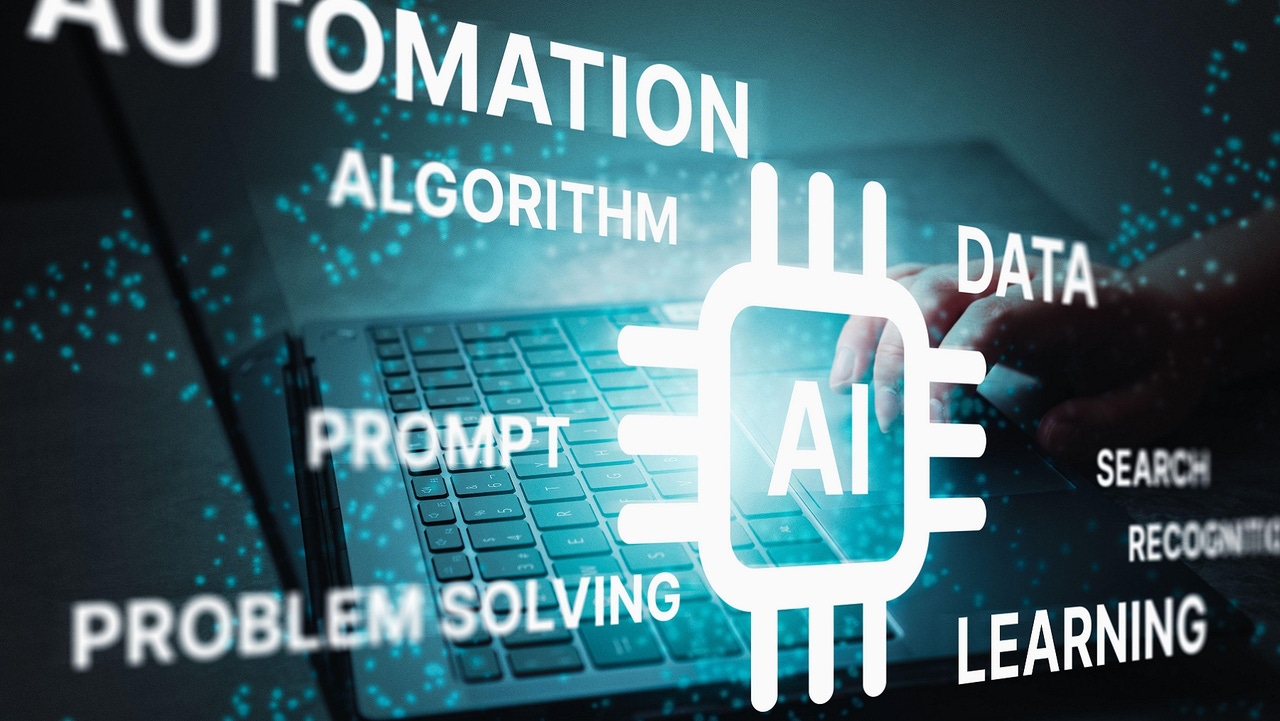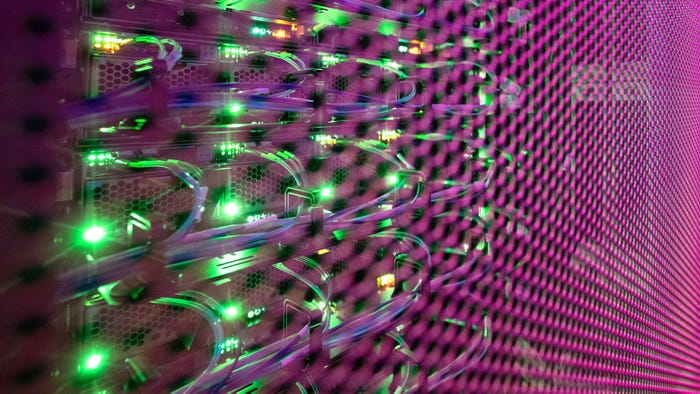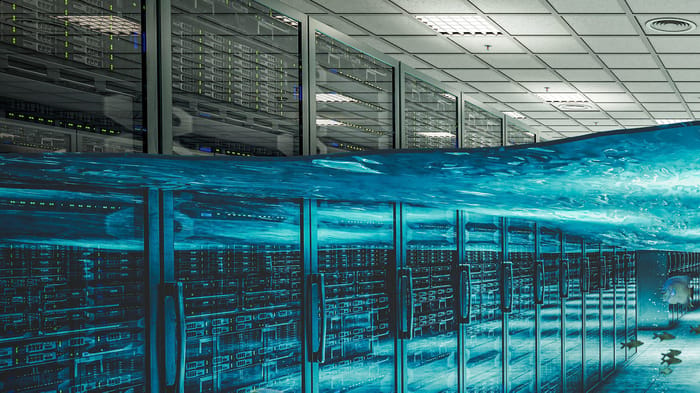Algorithms vs. Automation vs. AI: Understanding the Differences
Here's what distinguishes algorithms, automation, and AI from one another, and where they work together to improve technology.

These days, it feels almost impossible to have a conversation about anything tech-related without mentioning at least one of these three terms: algorithm, automation, and AI. Whether you're talking about software development (where algorithms are key), DevOps (which is all about automation), or AIOps (which leverages AI to drive IT operations), you're likely to encounter at least one of modern tech's "a-words."
In fact, these terms appear so frequently, and they are applied to so many overlapping use cases, that it can be easy to conflate them. You might assume that every algorithm is a form of AI, for example, or that the only way to automate something is to apply AI to it.
The reality is more complicated. Although algorithms, automation, and AI are all related, they are distinct concepts, and it's a mistake to conflate them.
So, let's unpack what each of these terms mean, what distinguishes them from one another, and where they intersect in the realm of modern technology.
What Is an Algorithm?
Let's start with the term that has been widespread in technology circles for decades: algorithm.
An algorithm is a set of procedures. In software development, algorithms typically take the form of a series of commands or operations that a program performs to accomplish a given task.
That said, not all algorithms are software. You could make a good case that a recipe, for example, is a type of algorithm, because it's also a set of procedures. In fact, the word algorithms has a long history that stretches back centuries before anyone was talking about programming.
What Is Automation?
Automation means performing tasks with limited, if any, manual input or oversight by humans. Humans might set up the tools and processes that perform automated tasks, but once launched, an automated workflow runs mostly or entirely on its own.
Like algorithms, the concept of automation has been around for centuries. Earlier in the computer age, automation wasn't a core focus of tasks like software development. But over the past decade or so, the idea that programmers and IT operations teams should automate as much work as possible has become widespread. Today, automation goes hand-in-hand with practices like DevOps and continuous delivery.
What Is AI?
Artificial Intelligence, or AI, is the emulation of human intelligence by computers or other non-human tools.
Generative AI, which can produce written or visual content that mimics the work of real humans, has been at the core of conversations about AI over the past year or so. However, generative AI is only one of many types of AI in existence, and most other forms of AI — such as predictive analytics — have been around since long before ChatGPT's launch sparked the current AI rage.
Differences Between Algorithms, Automation, and AI
If you've read this far, you know that algorithms, automation, and AI are each distinct concepts.
Algorithms vs. automation and AI
You can write an algorithm that serves a purpose completely unrelated to automation or AI. For example, an algorithm within a software application that authenticates a user based on a username and password completes the task using a specific set of procedures (which makes it an algorithm), but it's not a form of automation and certainly not of AI.
Automation vs. AI
Likewise, many of the processes that software developers and ITOps teams automate are not a form of AI. CI/CD pipelines, for example, typically include many automated workflows, but they don't rely on AI to automate processes. They use simple rules-based procedures (which arguably means they depend on algorithms).
AI vs. automation and algorithms
AI, meanwhile, typically depends on algorithms to help simulate human intelligence, and in many (but not all) cases the purpose of AI is to perform tasks or make decisions automatically. But again, not all algorithms or automation are related to AI.
How Algorithms, Automation, and AI Come Together
The above notwithstanding, the reason why algorithms, automation, and AI are so important to modern technology is that using them together is key to some of today's hottest tech trends.
The best example is generative AI tools, which depend on algorithms to perform the training that allows them to simulate human content production. And when deployed, generative AI software can produce content automatically.
Algorithms, automation, and AI can converge in other contexts, too. For example, NoOps — the concept of automating IT operations workflows so completely that they no longer require humans — would likely require not just algorithmic automation, but also sophisticated AI tools to enable complex, context-based decision-making, which algorithms alone can't perform.
Conclusion
Algorithms, automation, and AI are each central to today's tech world. But not every modern technology depends on all three of these concepts. To understand exactly how a technology works, you need to know the role that algorithms, automation, and AI play (or don't play) in it.
Read more about:
ITPro TodayAbout the Author
You May Also Like








